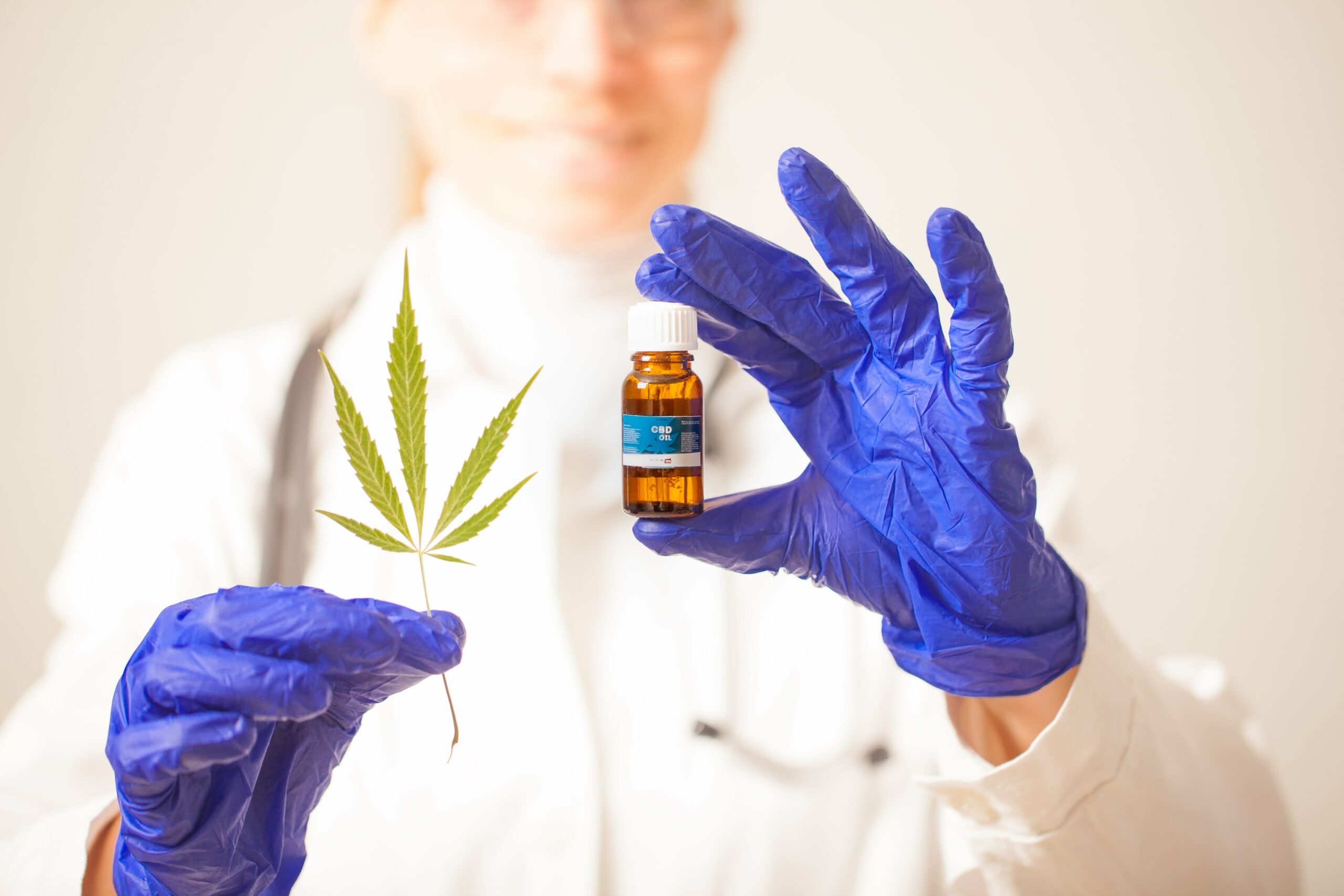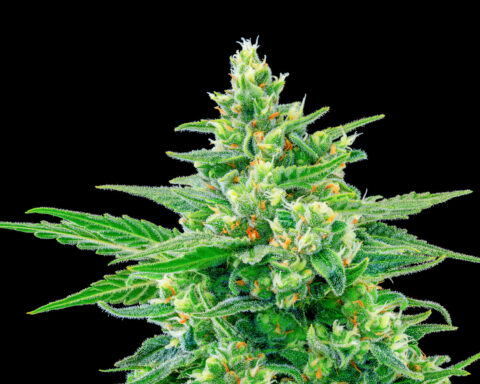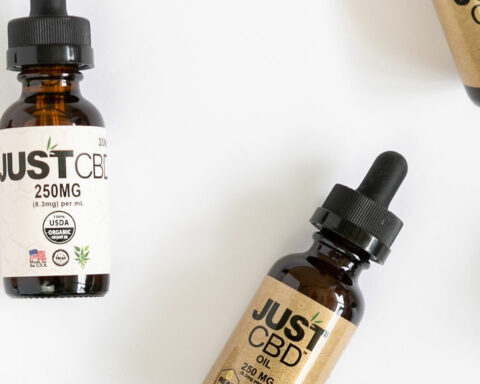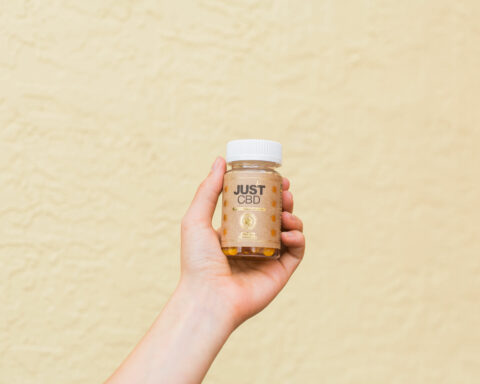Cannabis compounds are used for therapeutic purposes. This article discusses cannabis compounds and their therapeutic role in sleep disorders. Since cannabis has many compounds, the article will explore the best cannabinoids and how they alleviate sleep problems.
Cannabinoids are compounds produced by the cannabis plant. They include CBD, THC, CBG, CBC, CBN, CBT, CBE, and others. THC and CBD are more commonly known than other compounds because they are plentiful. THC occurs in large amounts, and it is a psychoactive substance that interferes with how the nervous system functions. However, with low doses, THC can positively affect sleep. CBD is also in high quantity, but it is not intoxicating. Therefore, consumer acceptance of CBD is high because it helps in multiple medical conditions without altering the mind. Studies and research have found that CBD improves sleep. It is well-tolerated, and it does cause dependence. Understanding how CBD and THC function to influent sleep can help people with poor quality.
MOST COMMON CANNABINOIDS FOR SLEEP
A healthier sleep helps the brain function properly, improves your feeling and mood, and reduces serious health problems. People with dysfunctional sleep are irritable and experience relationship issues and poor work performance, affecting their overall physical and mental health. Cannabis compounds have effects on sleep. Cannabis compounds have amazing medical benefits, but they have different strengths. More research on therapeutic interventions of THC and CBD is needed. THC, a compound, contains highly toxic chemicals affecting the body and mind. It is associated with serious adverse effects such as memory impairment and dizziness. However, short-term use of THC helps you sleep faster. Long-term use is not recommended as it contributes to side effects. CBD is widely used for medical purposes, and the THC levels in this compound do not exceed 0.2%. Therefore, many use CBD for treating medical conditions, including sleep problems. People use prescription medication such as opioids, but they are associated with tolerance and dependence. Both CBD and THC are natural sleep aids.
CBD FOR SLEEP
According to Maddison et al. (2022), sleep deprivation is associated with daytime fatigue, and the available solution to sleep problems are cognitive behavior therapy and pharmacological therapies. However, CBT is unavailable in developing countries, and the medications are associated with undesirable side effects such as cognitive impairment. CBD is effective in insomnia. According to Shannon et al. (2019), CBD improves sleep by addressing mental health problems. Skelley et al. (2020) treated patients with sleep and anxiety with CBD for one month. The results showed that patients improved sleep and anxiety. A great improvement was seen in anxiety disorder. No tolerability concerns were reported. This means that CBD is a magic cure for insomnia. There is a connection between insomnia and anxiety disorder. Serotonin is a vital hormone that regulates many processes in the body, including sleep and anxiety. CBD has anxiolytic effects that reduce the overproduction of serotonin. Serotonin produces melatonin that promotes sleep. However, low serotonin causes low melatonin levels. CBD binds to serotonin receptors (5-HT1A) to increase serotonin levels. It also binds to the endocannabinoid receptors to decrease cortisol, thus improving mood and sleep.
THC FOR SLEEP
According to Kaul et al. (2021), short-term use of THC makes sleep more effective by reducing sleep latency. Note that many with sleep deprivation take a long time to fall asleep. They experience something called sleep debt. For example, a high sleep latency will make you sleep less if you are supposed to sleep for 7 to 9 hours. However, if you fall asleep, THC prevents wakefulness in the middle of the night. The normal amount of time you should take to fall asleep is 10 and 20 minutes. THC gives you total sleep time. While falling asleep, some people experience rapid eye movement, which occurs as a result of cognitive processes. THC eliminates interval sleep and gives you a total rest. The sedative effects of THC calm your brain and gives you sleep quality. THC has sedative effects that alleviate stress and anxiety, relaxing your mind. It works by attaching to the endocannabinoid receptors to increase adenosine levels and boost sleep drive. THC also reduces hyperarousal, hence reducing frequent nightmares and difficulty sleeping.
However, long-term use of THC affects sleep quality. Prolonged use is associated with difficulty falling asleep, waking up at night, and sleeping fewer hours. Taking CBD at bedtime leads to other issues during the daytime. During day time, they feel tired, and from day to day, they experience difficulty remembering things. Since THC is psychoactive, people become dependent on it. Dependency means people should increase the amount of THC to feel the effect. Furthermore, discontinuation leads to withdrawal systems such as anxiety, poor memory, dry mouth, irritability, and behavioral change such as impaired coordination and difficult thinking. Since THC interacts with the ECS receptors to improve sleep, long-term use of THC leads to over-activation of the communication network, disrupting the way the brain works.
THE MECHANISM OF ACTION ON SLEEP DISORDERS
RESTLESS LEG SYNDROME
According to Kaul et al. (2021), cannabinoids alleviate the symptom of uncomfortable sensations that cause leg movement. People with this syndrome experience difficulty falling asleep. Nerve cells produce Domaine, but when they become injured, they cause dopamine deficiency. Low dopamine is associated with restless legs syndrome. Doctors prescribe dopamine drugs that act as an agonist to stimulate the body. However, cannabinoids regulate dopamine release, thus maintaining stability in the brain.
POST-TRAUMATIC STRESS DISORDER
This is a stress disorder that leads to sleep deprivation and nightmares. Serotonin imbalance is associated with mental health symptoms. Low serotonin levels lead to brain hyperactivity, making people have insomnia. Cannabinoid attaches to the ECS receptors to regulate the amygdala, which decreases hyperarousal associated with insomnia. Murnane (2019) revealed that during stress, the body releases serotonin which helps you respond to stressful situations. However, an increase in serotonin receptors leads to persistent stress, which could lead to PTSD. Hori & Kim (2019) showed that cannabidiol helps regulate the overproduction of serotonin, reducing PTSD and improving sleep.
CONCLUSION
Cannabis has many compounds, but only two are well known. THC, a psychoactive compound, and CBD, a non-psychoactive compound, are known for their amazing physiological benefits. They both help in sleep but in different ways. Although some people experience sleep problems from time to time, it may occur due to an underlying disease. Prescription medications possibly improve sleep but do not address the underlying cause. Cannabinoids are naturally occurring compounds that act on the ECS receptors to give you quality sleep. They address the root of your struggles and make you sleep better. However, prolonged use may worsen your sleep. use it for a while to reap the benefits since CBD has healing properties that positively affect sleep.
REFERENCES
Hori, H., & Kim, Y. (2019). Inflammation And Post‐Traumatic Stress Disorder. Psychiatry And Clinical Neurosciences, 73(4), 143-153.
Kaul, M., Zee, P. C., & Sahni, A. S. (2021). Effects Of Cannabinoids On Sleep And Their Therapeutic Potential For Sleep Disorders. Neurotherapeutics, 18(1), 217-227.
Maddison, K. J., Kosky, C., & Walsh, J. H. (2022). Is There A Place For Medicinal Cannabis In Treating Patients With Sleep Disorders? What We Know So Far. Nature And Science Of Sleep, 14, 957.
Murnane, K. S. (2019). Serotonin 2A Receptors Are A Stress Response System: Implications For Post-Traumatic Stress Disorder. Behavioral Pharmacology, 30(2-), 151.
Shannon, S., Lewis, N., Lee, H., & Hughes, S. (2019). Cannabidiol In Anxiety And Sleep: A Large Case Series. The Permanente Journal, 23.
Skelley, J. W., Deas, C. M., Curren, Z., & Ennis, J. (2020). Use Of Cannabidiol In Anxiety And Anxiety-Related Disorders. Journal Of The American Pharmacists Association, 60(1), 253-261.
- What Are the 7 Chakras and How Can You Unblock Them? - April 19, 2024
- THCa Flower by Perfect Plant Markey - September 21, 2023
- Arches Audio Shares Their Secrets For Starting A Successful Podcast - July 7, 2023









